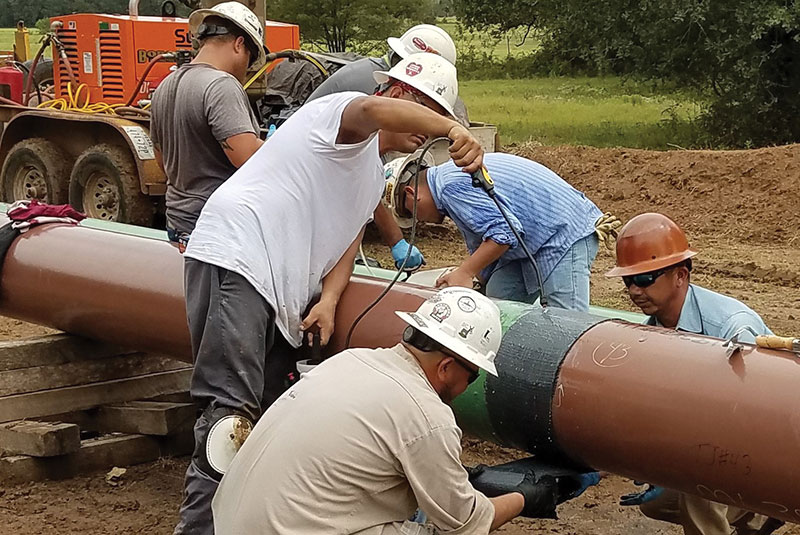BP's Olympic Pipeline Leaks Over 25,000 Gallons of Gas in Washington State
(P&GJ) — Emergency teams worked to address a gasoline spill in northwest Washington State on Dec. 12 after a pipeline segment failed over the weekend, Bowling Green Daily News reported.
Despite the release of approximately 25,660 gallons (97,100 liters) of gasoline due to a small tube malfunction, federal regulators reported on Tuesday that there were no indications of fuel reaching the Skagit River.
In response to the incident, containment measures, including the installation of a containment boom, have been implemented.
According to Bowling Green Daily News, the spill occurred when a small tube connected to the main Olympic Pipeline failed at a pressure-check valve on Dec. 10, according to the U.S. Environmental Protection Agency (EPA).
Despite concerns, the EPA reassured the public that there was no evidence of the fuel reaching the Skagit River, and no injuries to wildlife have been observed. An elementary school, closed as a precaution on Monday, has since reopened. Air quality monitoring conducted by the EPA confirmed that there is no risk to public health.
The Olympic Pipeline, operated by the energy company BP, spans from Blaine, Washington, to Portland, Oregon, transporting gasoline, diesel, and jet fuel from four refineries in northwestern Washington state.
This incident marks the largest spill in Washington state since 2000. However, spills of similar magnitude occur nationally with alarming frequency, as evidenced by recent incidents in Oklahoma City and Cushing, Oklahoma, according to Kenneth Clarkson, spokesman for the Pipeline Safety Trust, established after a 1999 explosion in Bellingham that resulted in fatalities.
“To see another spill of this magnitude from this pipeline is more than extremely disheartening," Clarkson told Bowling Green Daily News. "This time, we are fortunate that nobody was injured or killed; any spill, and especially one of this size, that happens near our schools and into our treasured waterways and salmon habitat is completely unacceptable.”
Related News
Related News

- Keystone Oil Pipeline Resumes Operations After Temporary Shutdown
- Freeport LNG Plant Runs Near Zero Consumption for Fifth Day
- Biden Administration Buys Oil for Emergency Reserve Above Target Price
- Mexico Seizes Air Liquide's Hydrogen Plant at Pemex Refinery
- Enbridge to Invest $500 Million in Pipeline Assets, Including Expansion of 850-Mile Gray Oak Pipeline





Comments